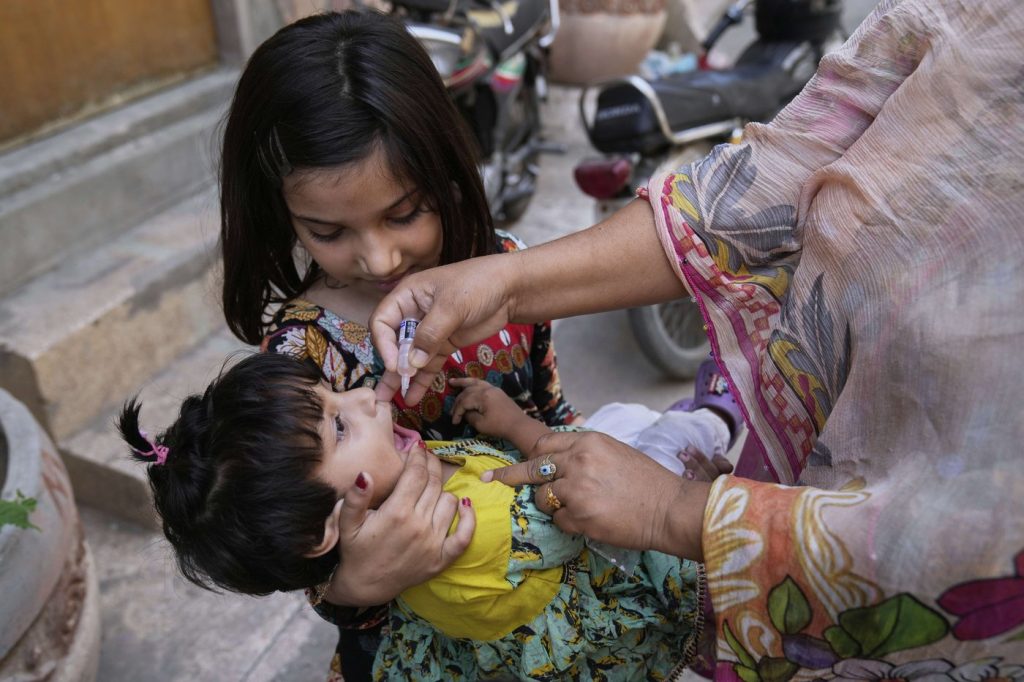PESHAWAR, Pakistan (AP) Pakistan's struggle to eradicate polio has encountered another setback with the confirmation of its first case in the northern enclave of Diamer, located in the Gilgit-Baltistan region, in seven years. This new case marks the country’s 11th reported case of polio since January, notwithstanding the implementation of multiple immunization campaigns throughout the year.
The polio virus was detected in a child from the district of Diamer, as reported by Pakistan's polio eradication program. Despite the efforts made to vaccinate children against polio, the virus continues to circulate in the region, highlighting significant public health challenges.
According to the World Health Organization, Pakistan and neighboring Afghanistan are the only two countries in the world where the wild polio virus has yet to be eradicated. Additionally, outbreaks linked to the oral vaccine have also been reported in ten other countries worldwide, primarily in Africa. This ongoing situation underscores the global struggle against polio and the varied contexts in which the virus persists.
The recent polio case in Diamer was reported shortly after Pakistan concluded its third nationwide vaccination drive of the year, which aimed to immunize approximately 45 million children. Local health officials, including Mohammad Iqbal, a director at the polio program in the northwest, are working diligently to trace the source of the poliovirus that originated in the southern port city of Karachi and subsequently infected the child in Diamer. The summer season often sees an influx of tourists to Gilgit-Baltistan from cities like Karachi, which raises concerns about the transmission of the virus.
Pakistan's polio eradication program has faced numerous challenges over the years, including targeted attacks on health workers and the police who are assigned to protect them. Militants frequently attack vaccination teams, perpetuating the myth that these campaigns represent a Western conspiracy to sterilize children. Since the 1990s, this violence has resulted in over 200 deaths among health workers and security personnel tasked with delivering polio vaccinations.
This ongoing violence against health workers not only hinders vaccination efforts but also creates a pervasive atmosphere of fear among those who are committed to eradicating polio from Pakistan. Furthermore, misinformation regarding the safety and efficacy of vaccines continues to pose significant hurdles in achieving vaccination targets.
In conclusion, the recent discovery of a new polio case in Diamer emphasizes the critical need for continued vigilance and community engagement in immunization efforts. Addressing the root causes of vaccine hesitancy and ensuring the safety of health workers remains paramount in the fight against this preventable disease.











